Retinol Creams for Acne-Prone Skin
Acne can be a persistent and frustrating skin concern that affects people of all ages. While there are various treatments available, one option that has gained significant popularity over the years is retinol creams. These creams are known for their ability to address not only acne but also signs of aging, making them a versatile choice for many. In this comprehensive guide, we'll explore the benefits of retinol creams for acne-prone skin, how to use them effectively, and what to consider when selecting the right product.
What is Retinol?

- Retinol, a derivative of vitamin A, is a potent skincare ingredient.
- It is part of the retinoid family, which includes prescription-strength products like Retin-A (tretinoin).
- Retinol is available over the counter and is considered a milder form of retinoid, making it suitable for those with acne-prone skin.
How Does Retinol Work for Acne?

Retinol works in several ways to combat acne:
-
Exfoliation
- Retinol promotes the shedding of dead skin cells, preventing clogged pores with debris.
- This reduces the development of blackheads and whiteheads.
-
Reducing Inflammation
- Retinol has anti-inflammatory properties that can soothe redness and swelling associated with acne breakouts.
-
Regulating Sebum Production
- By controlling excess oil, retinol minimizes the risk of pore blockage and breakouts.
-
Treating Acne Scars
- Over time, retinol can improve the appearance of acne scars by stimulating collagen production and promoting skin cell turnover.
-
Unclogging Pores
- Promotes the shedding of dead skin cells and reduces sebum production, keeping pores clear and less susceptible to blockages.
-
Minimizing Breakout Severity
- Leads to milder and less frequent breakouts.
- Prevents the development of new acne lesions and reduces redness and swelling.
-
Improved Overall Skin Texture
- Smoothes the skin's surface, reducing the appearance of rough skin, fine lines, and uneven skin tone.
-
Addressing Post-Inflammatory Hyperpigmentation (PIH)
- Helps fade dark spots or PIH left behind by acne breakouts.
-
Boosting Collagen Production
- Stimulates collagen production, improving the overall health and appearance of the skin.
-
Long-Term Acne Management
- Provides long-term benefits, maintaining clear skin and reducing the likelihood of future breakouts with consistent use.
How to Use Retinol Cream for Acne-Prone Skin

To maximize the benefits of retinol while minimizing potential side effects, follow these guidelines:
-
Start Slowly: Begin with a lower concentration and use it only a few times a week. Gradually increase the frequency as your skin builds tolerance.
-
Apply at Night: Retinol can make your skin more sensitive to the sun, so apply it at night. Use a broad-spectrum sunscreen during the day to protect your skin.
-
Use a Pea-Sized Amount: Apply a small amount to your face and neck to avoid overuse, which can lead to irritation.
-
Moisturize: Combat potential dryness and flakiness by applying a moisturizer after your retinol treatment.
-
Be Patient: Results with retinol take time, often several weeks to months. Be patient and consistent with your routine.
Choosing the Right Retinol Cream
When selecting a retinol cream for acne-prone skin, consider these factors:
-
Concentration: Start with a lower concentration (around 0.25% to 0.5%) if you're new to retinol. Gradually increase as needed.
-
Formulation: Look for products specifically formulated for acne-prone skin, often containing additional acne-fighting ingredients.
-
Brand Reputation: Opt for reputable brands known for their quality and reliability.
-
Reviews: Read product reviews and seek recommendations from dermatologists or skincare professionals.
Final Thoughts
Retinol creams offer a multitude of benefits for acne-prone skin, including unclogging pores, reducing breakouts, improving skin texture, addressing hyperpigmentation, promoting collagen production, and providing long-term acne management. When used correctly and in conjunction with other suitable products, retinol can contribute to a healthier, smoother, and more radiant complexion. Remember to start with a lower concentration, gradually increase usage, and be patient as you wait for the full effects to become apparent. Consulting with a dermatologist can ensure that you use retinol appropriately for your specific skincare needs.


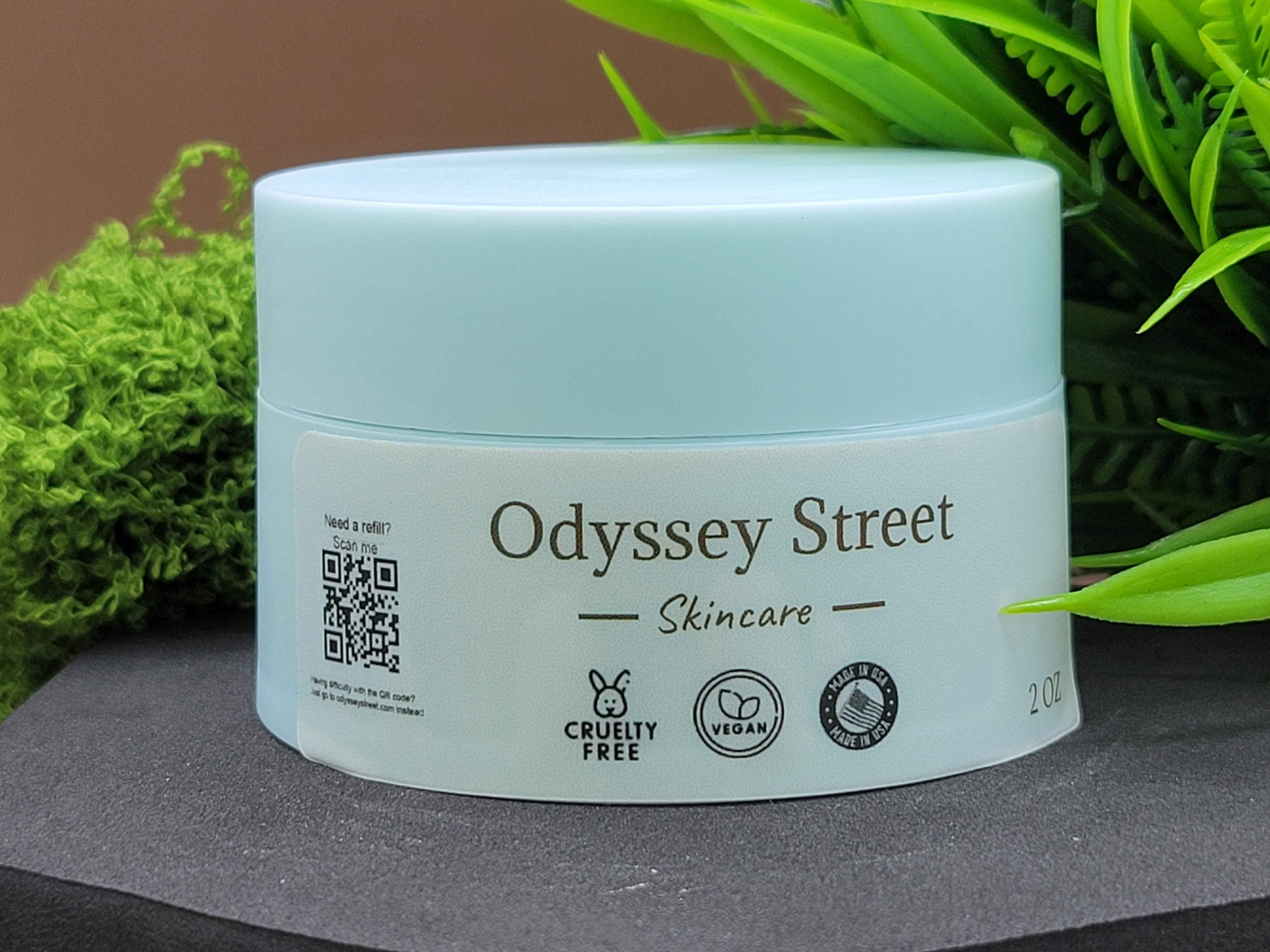
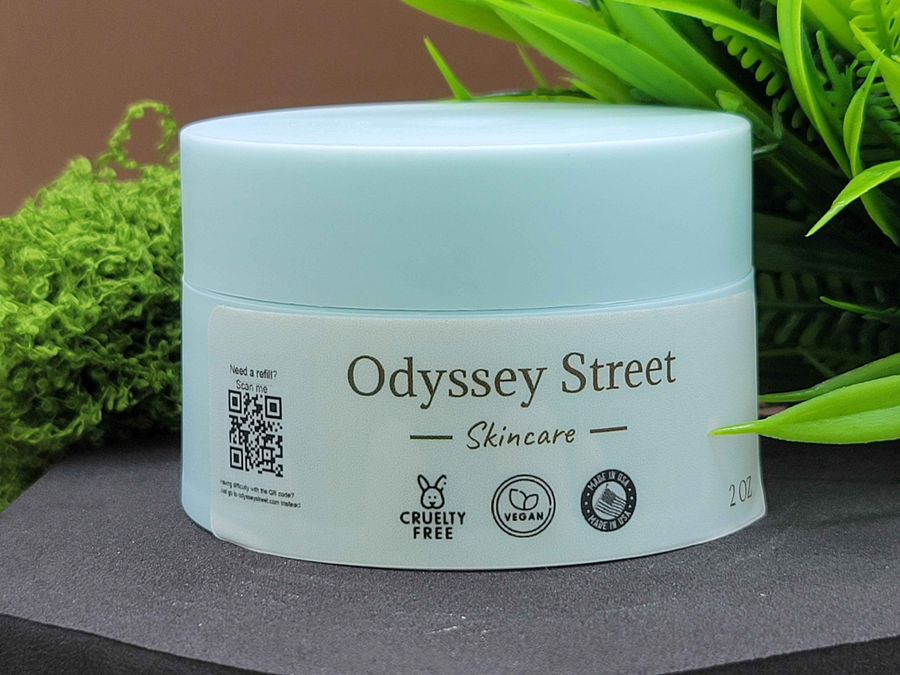
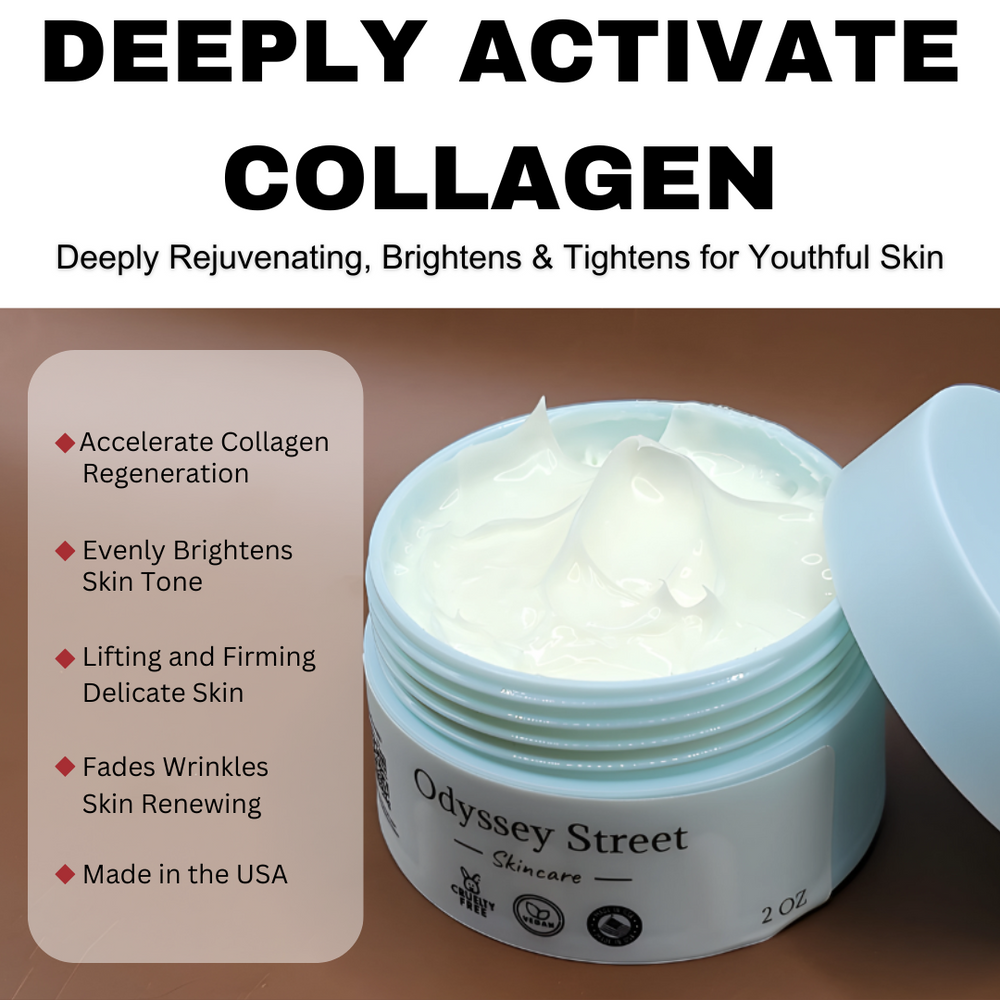




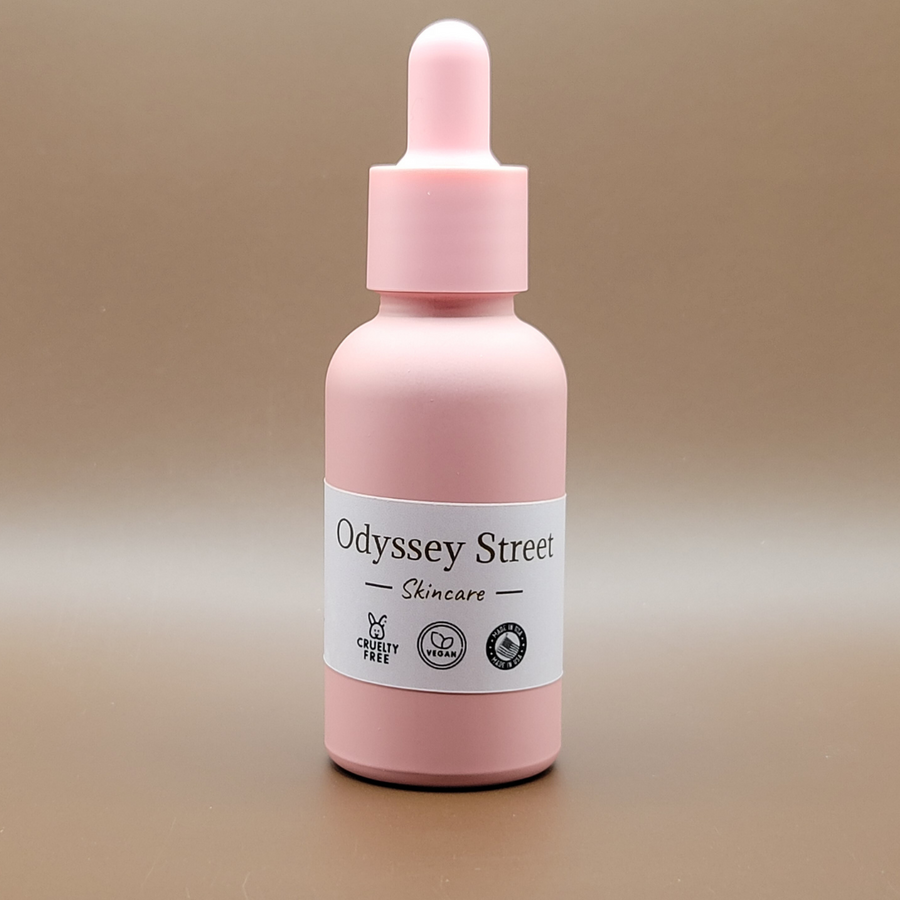
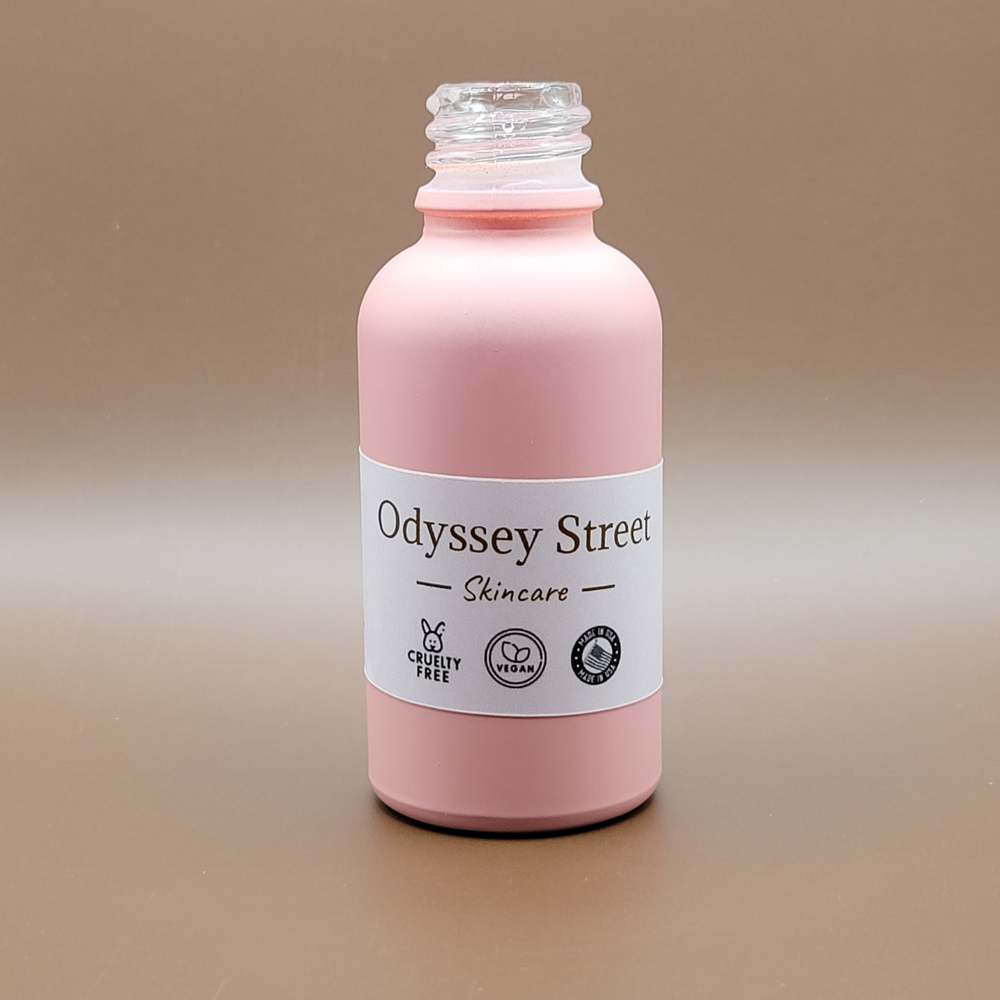
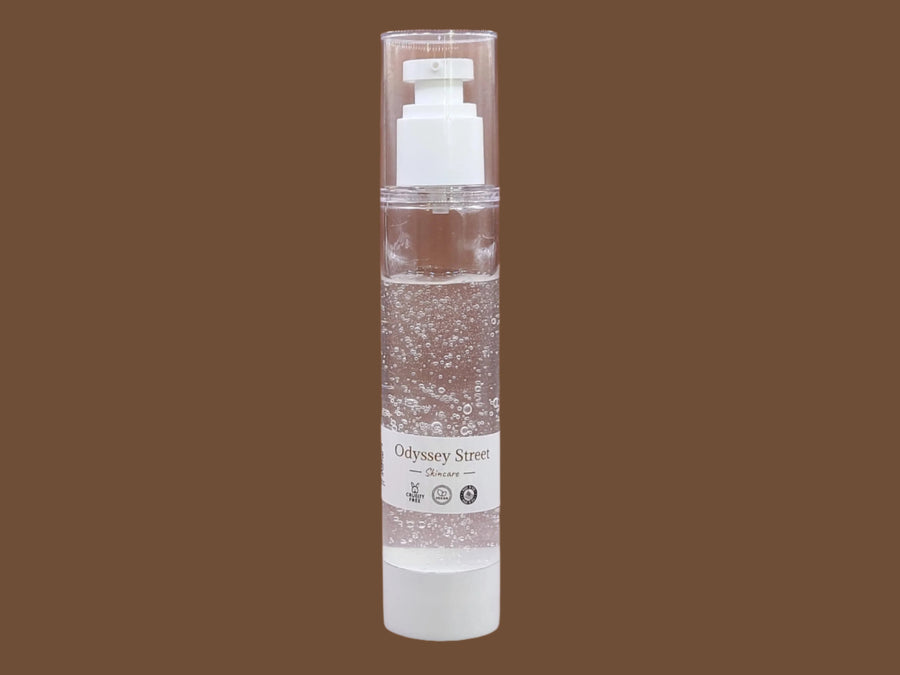
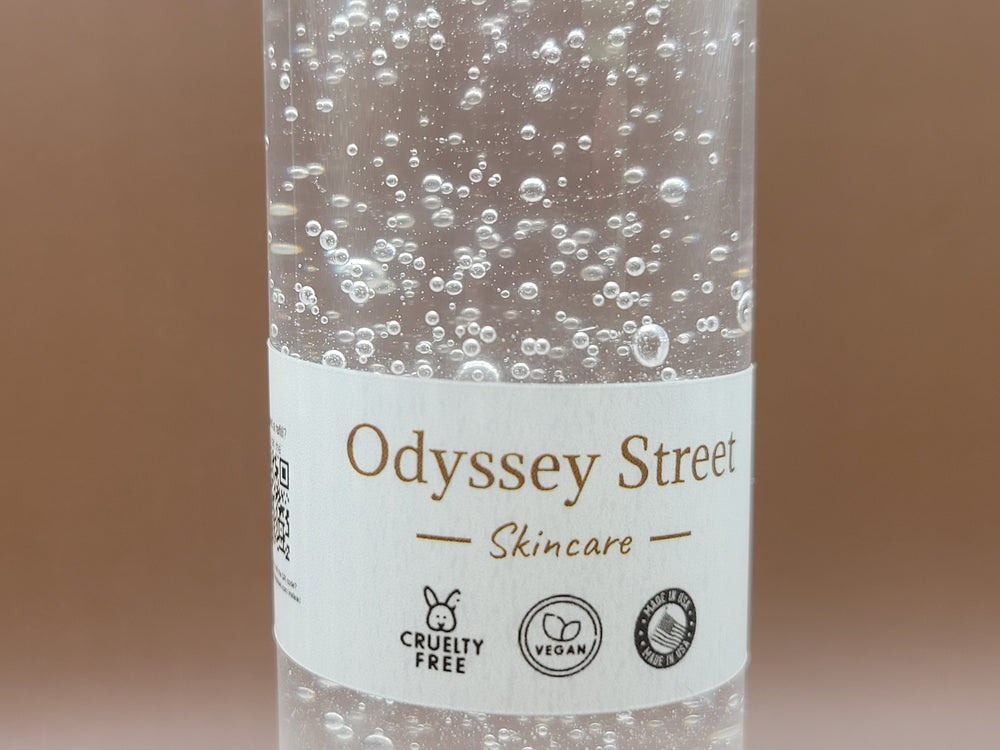
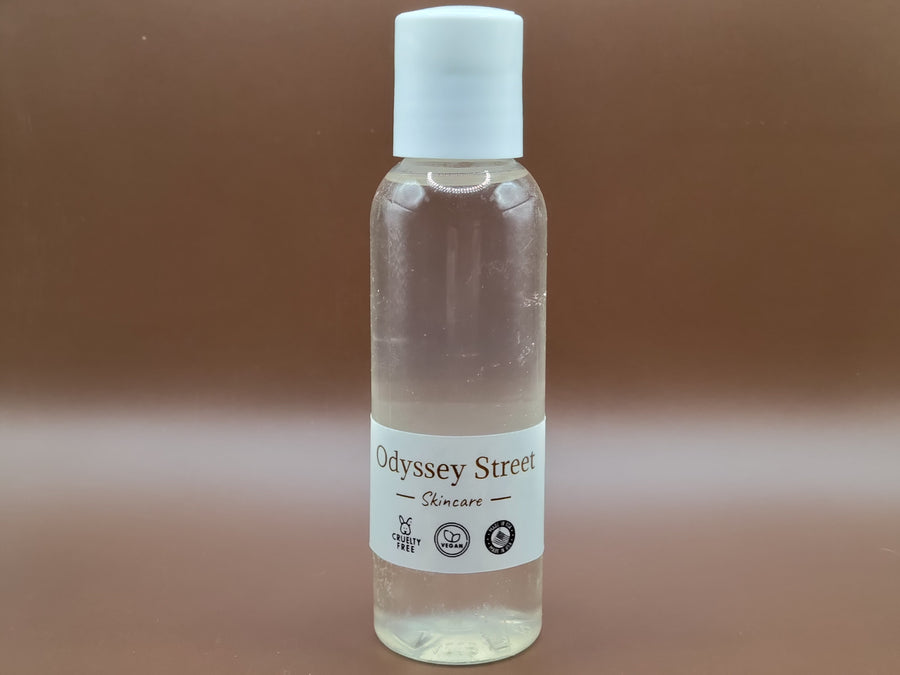
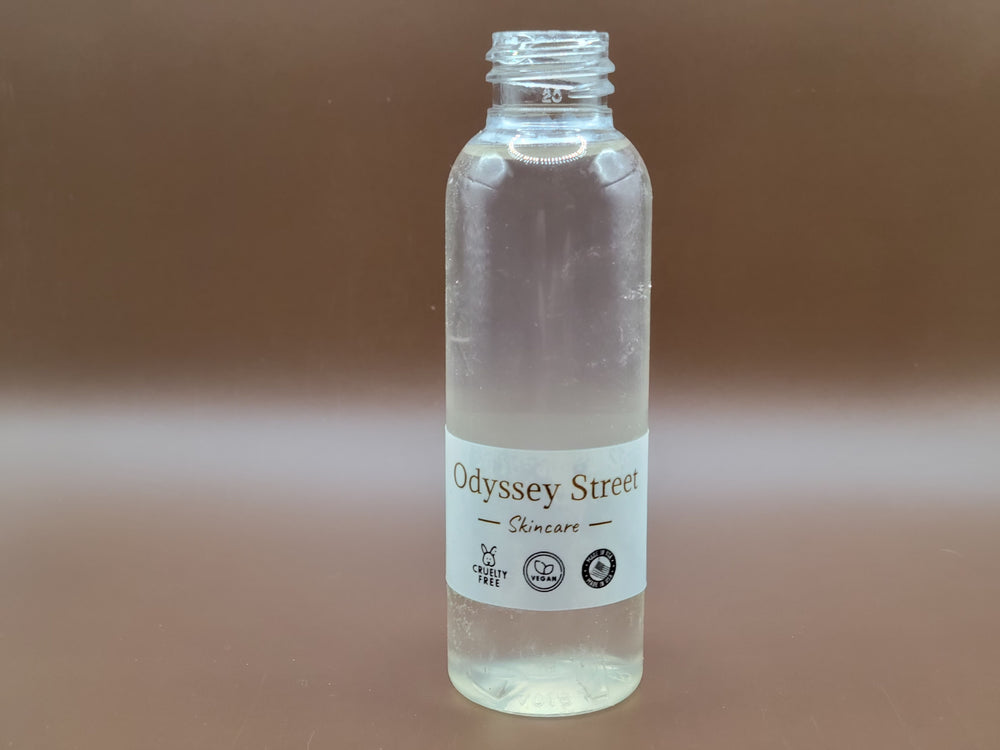
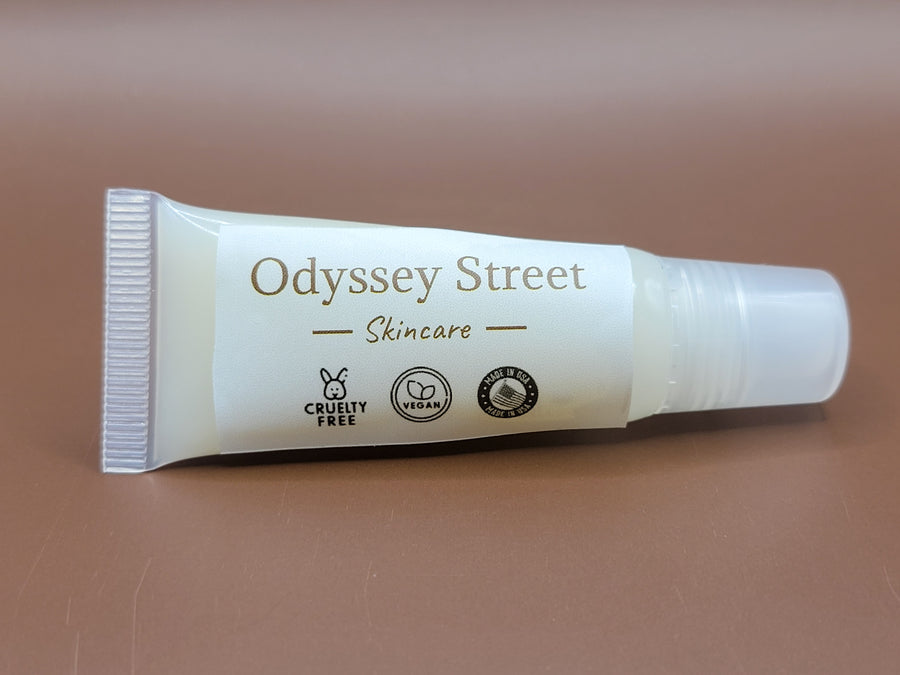
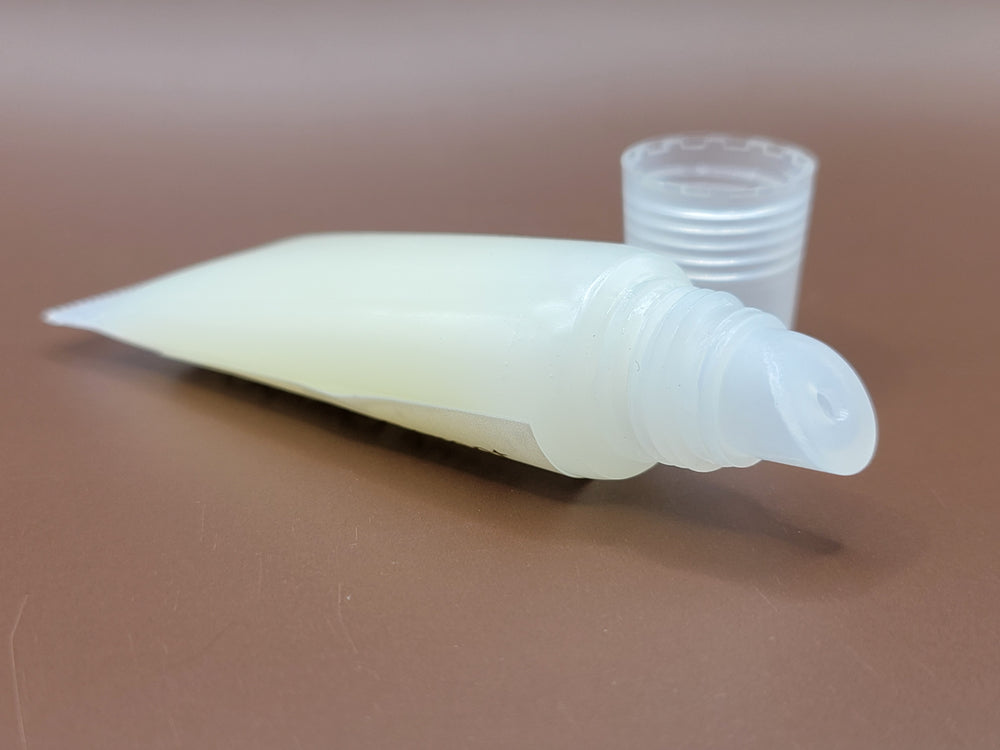
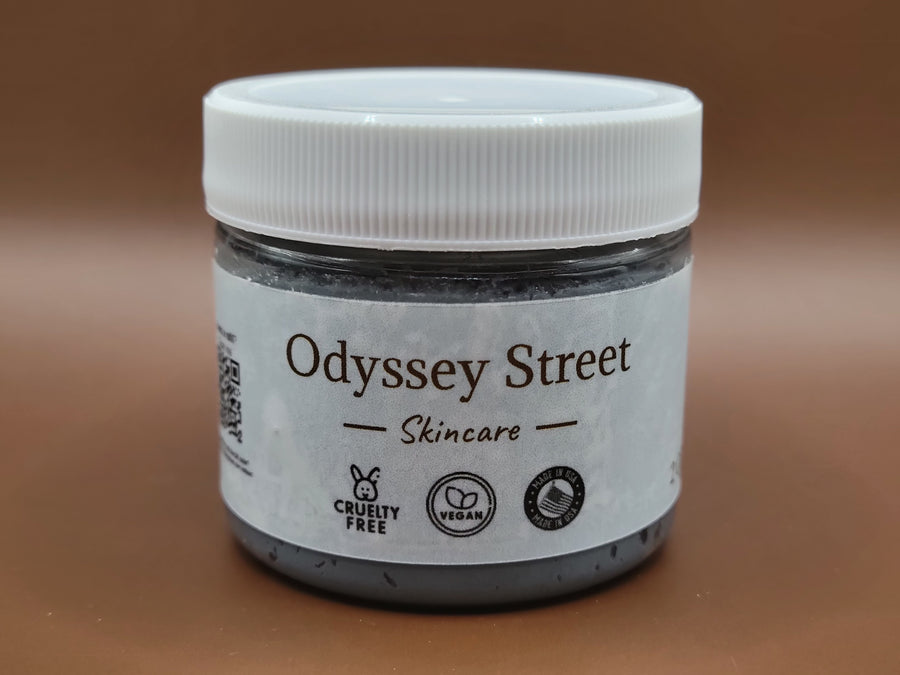
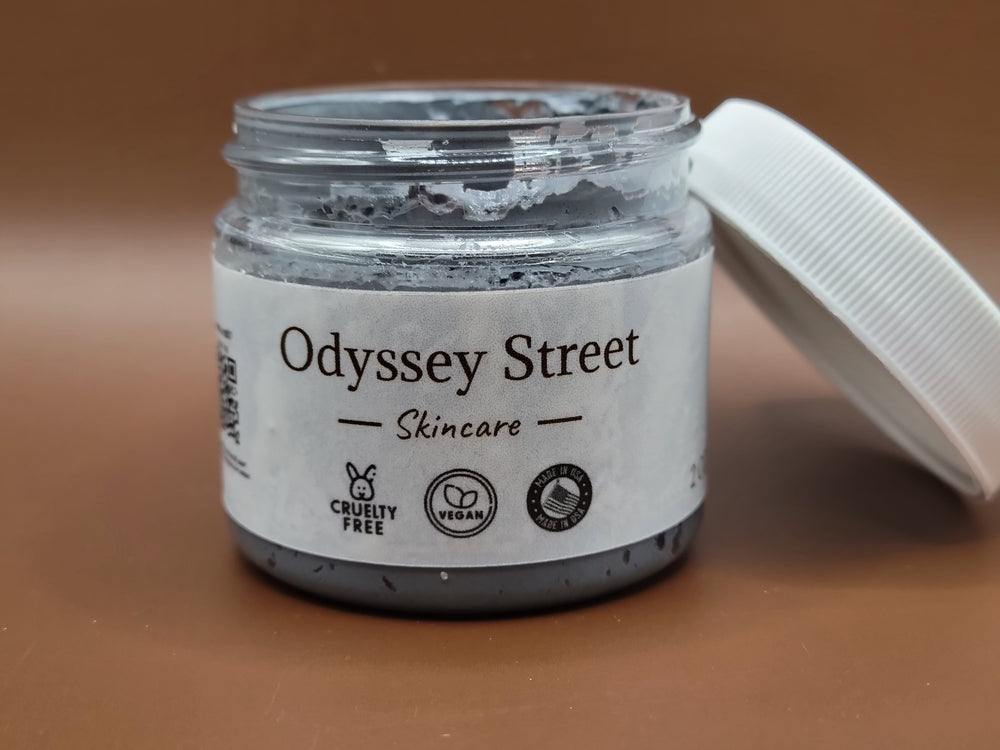
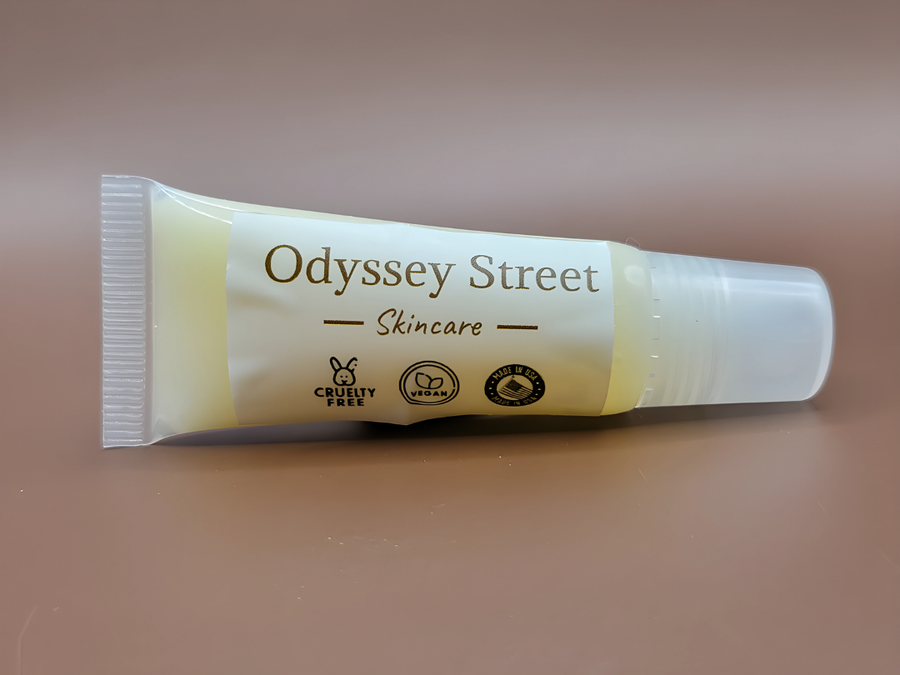
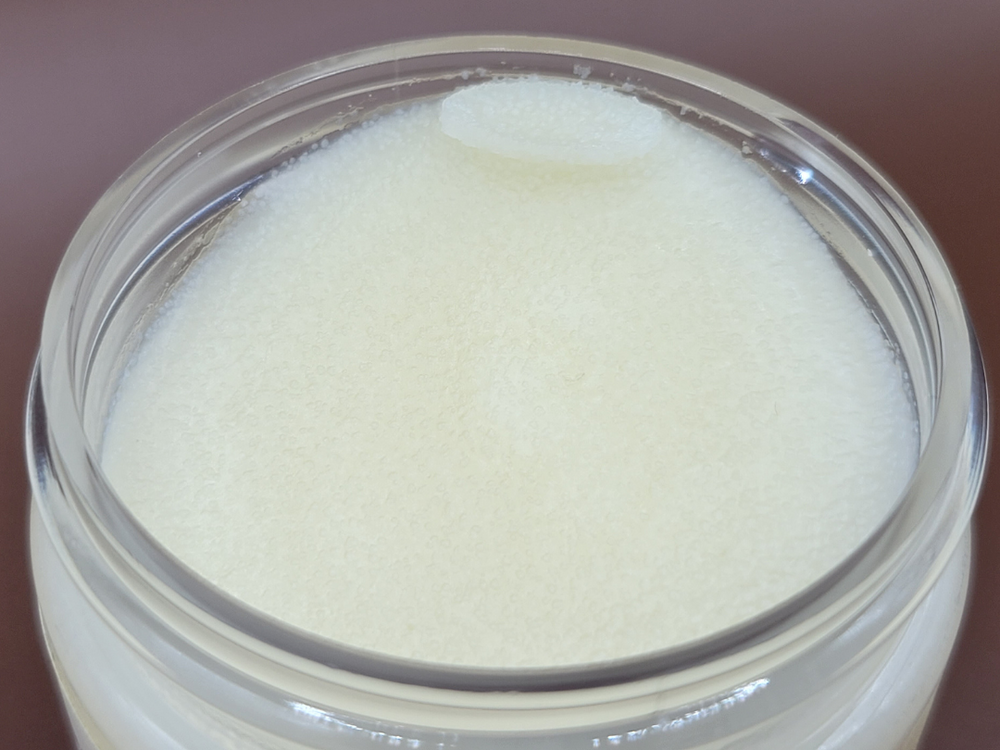
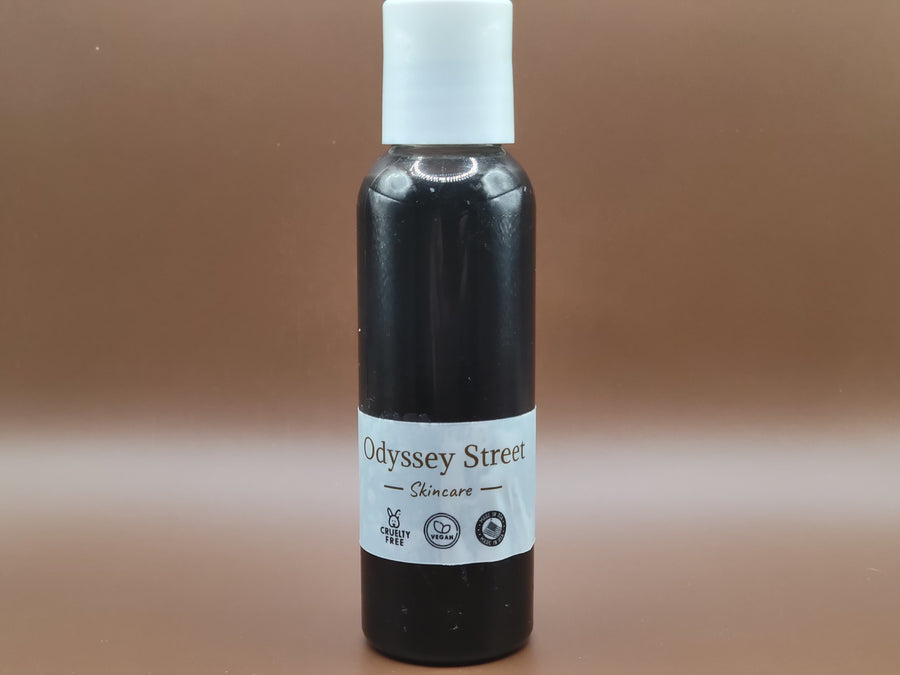
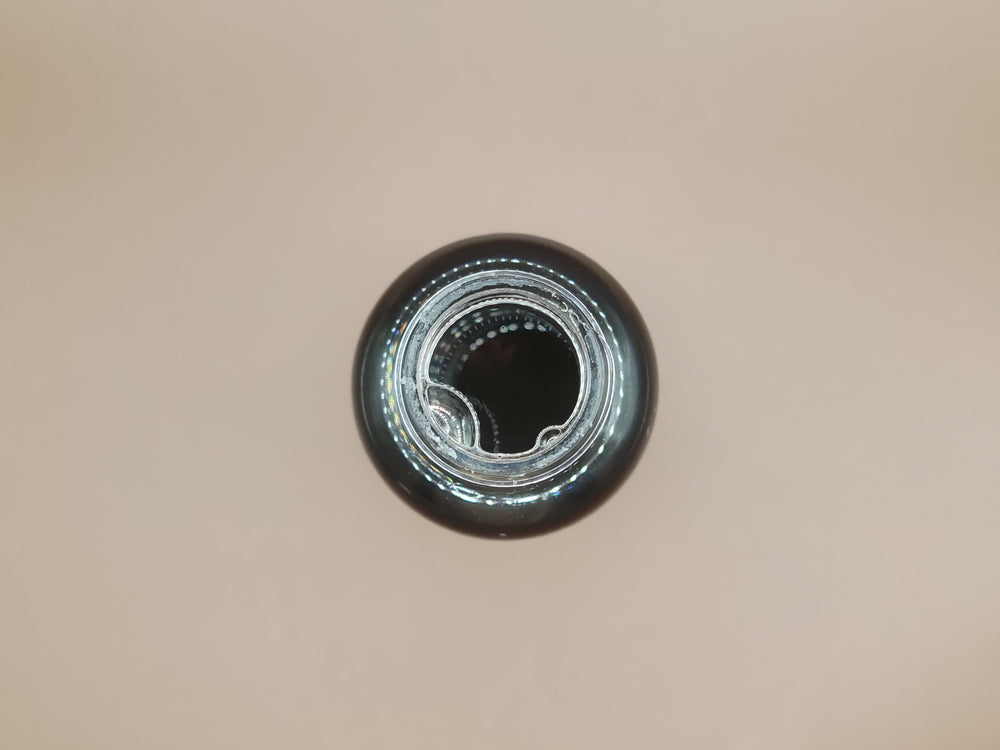
Leave a comment